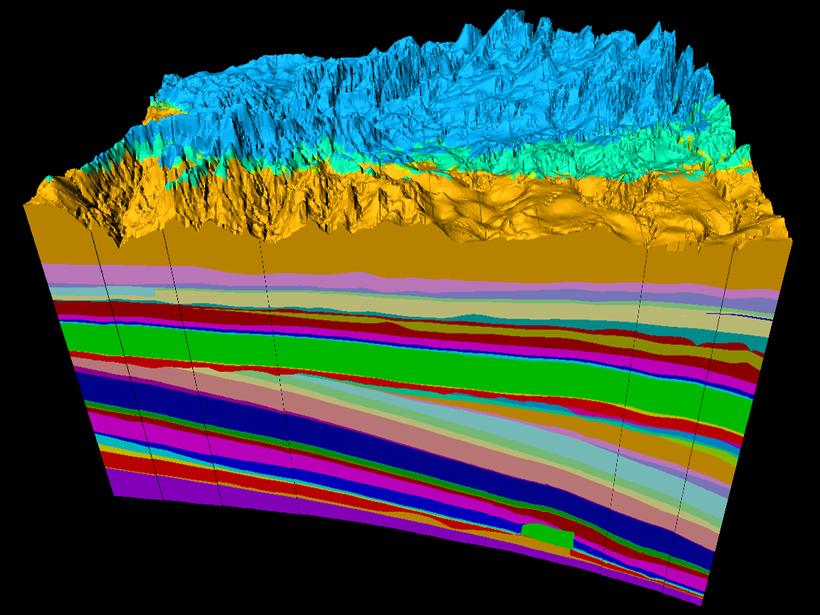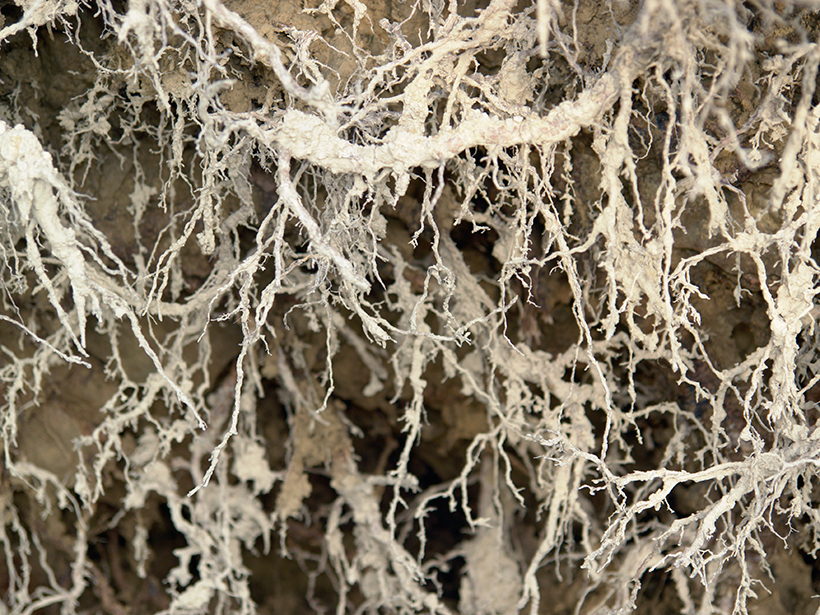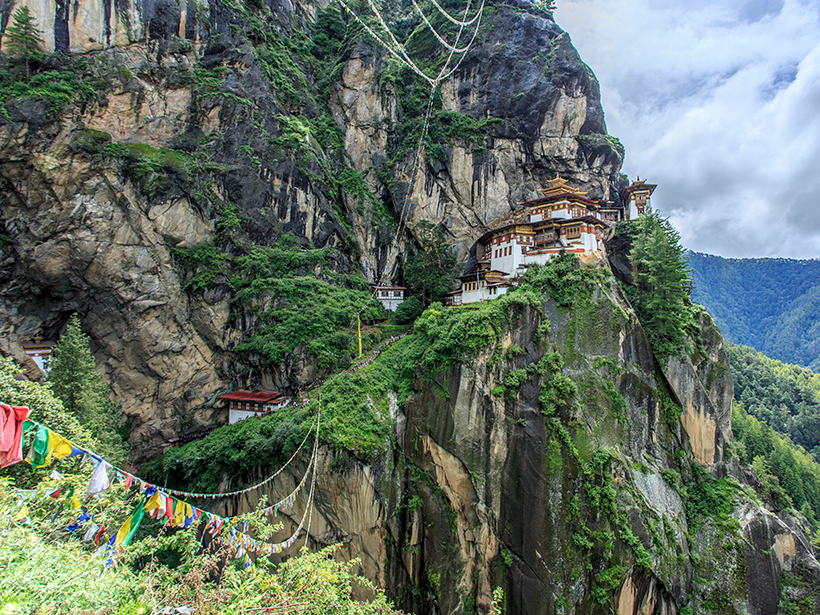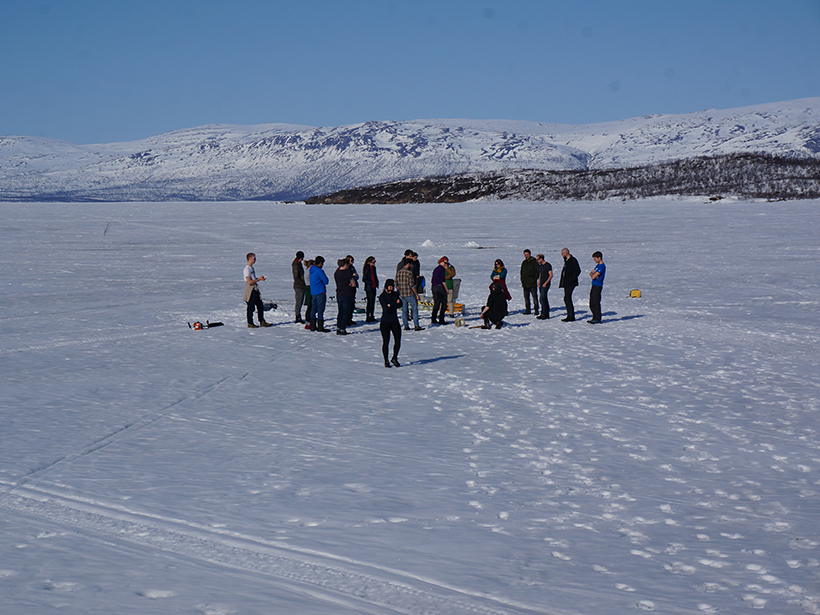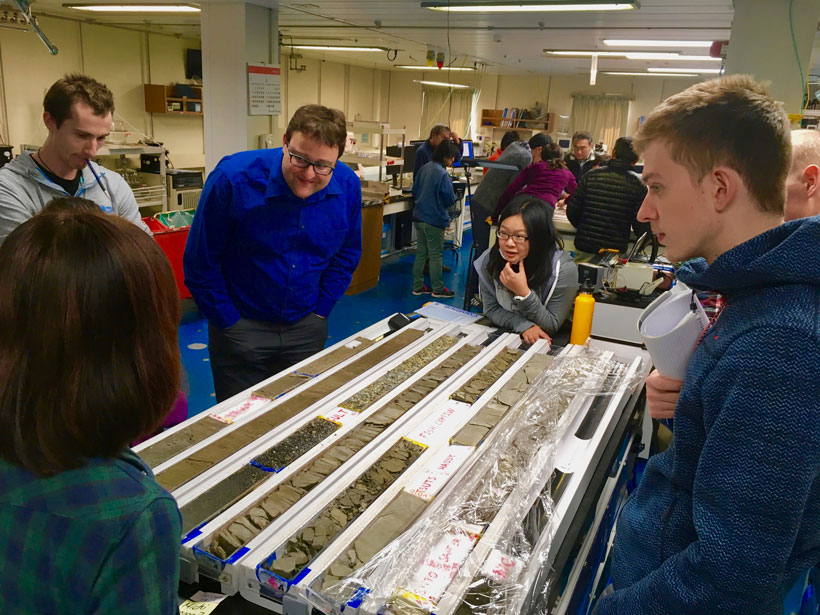Geologic Mapping Forum; Minneapolis, Minnesota, 26–29 March 2018
Science Updates
Better Plant Data at the Root of Ecosystem Models
Version 2 of the Fine-Root Ecology Database is bigger, better, and free to download and use.
Great American Eclipse Data May Fine-Tune Weather Forecasts
Measurements taken by an automated national meteorological monitoring network during the 2017 total solar eclipse illuminate how the land and atmosphere respond to a sudden loss of sunlight.
How Much Land Surface Is Under Water at Any Given Time?
NASA Workshop on Remote Sensing of Inundation Extent; Boulder, Colorado, 21–22 May 2018
Bhutan Earthquake Opens Doors to Geophysical Studies
A multinational research team discovered an underestimated earthquake hazard during their 7-year exploration of the unique geodynamics of the eastern Himalayas in Bhutan.
Training Early-Career Polar Weather and Climate Researchers
Polar Prediction School; Abisko Scientific Research Station, Sweden, 17–27 April 2018
Hunting for Landslides from Cascadia’s Great Earthquakes
Researchers examine the rings of drowned trees in landslide-dammed lakes for clues to today’s earthquake hazards in the Pacific Northwest.
Modeling the Effects of Geoengineering
Report on the Eighth Annual GeoMIP Meeting; Zürich, Switzerland, 16–17 April 2018
Seismic Sensors Record a Hurricane’s Roar
Newly installed infrasound sensors at a Global Seismographic Network station on Puerto Rico recorded the sounds of Hurricane Maria passing overhead.
At-Sea Workshop Advances Subduction Zone Research
International Ocean Discovery Program Core-Log-Seismic integration at Sea (CLSI@Sea) workshop; Nankai Trough, Philippine Sea, off the coast of southwest Japan, January–February 2018

